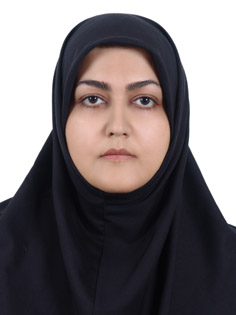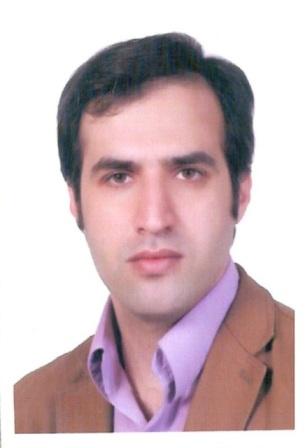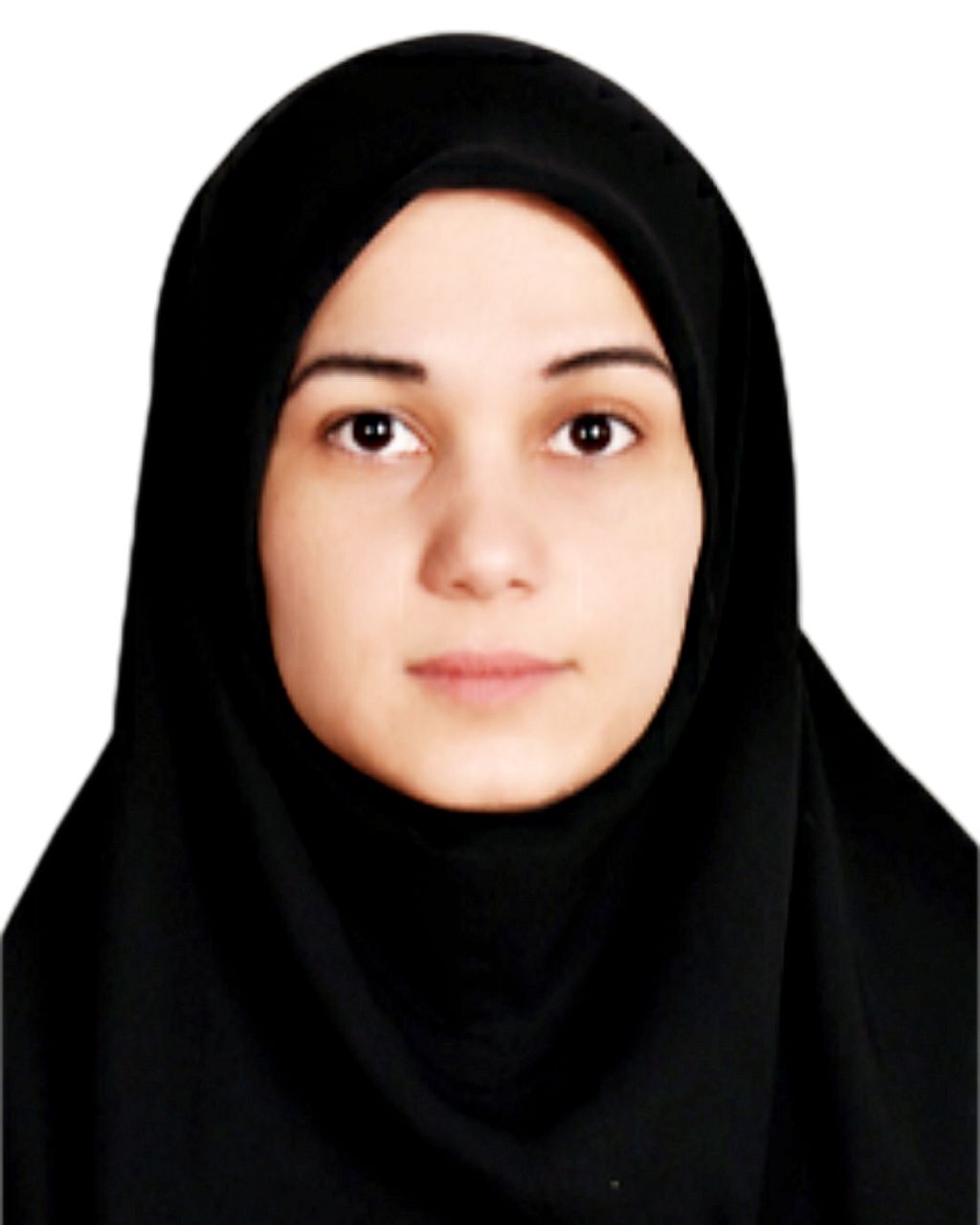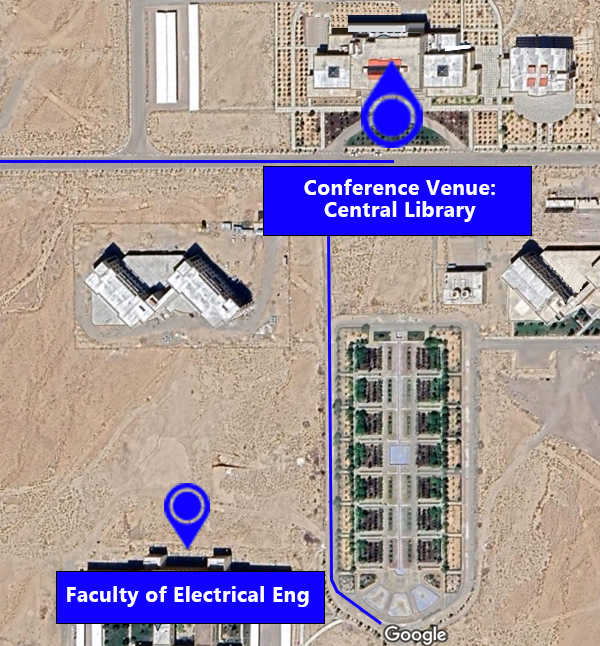Workshop Title: On EEG Signal Processing Using the EEGLAB ToolboxDuration: 2 HoursBy: Dr. Zeynab Mohammadpoory (Assistant Professor, Shahrood Univesity of Technology)
Workshop Outline:
Abstract: EEG (electroencephalography) signals are crucial for diagnosing and treating various neurological and psychological disorders, as well as for researching brain function during neuro-cognitive tasks. Additionally, these signals are used for controlling smart orthotics and prosthetics for individuals with disabilities, neuro-marketing, and designing therapeutic and recreational games. Several software tools are available for EEG signal analysis, among which the EEGLAB toolbox in MATLAB is notable for its capability to perform a wide range of EEG signal processing tasks. The EEGLAB toolbox features a user-friendly graphical interface, allowing researchers to process and analyze signals without needing to write code. This workshop will cover the fundamental concepts and terminologies in EEG signal processing, followed by practical session on common preprocessing and processing techniques for EEG signals. |
|
|
|
Workshop Title: Detection of Electrical and Mechanical Faults in Electric Machines Using Signal Processing of Electrical and Mechanical Signals in Transient and Steady States Workshop Duration: 2 hours By: Dr. Mohammad Hossein Tabar Marzbali (Associate Professor, Department of Electrical Power Engineering, Shahrood University of Technology) Eng. Reza Bazghandi (MSc in Electrical Engineering, Shahrood University of Technology)
Workshop Outline: Part One:
Part Two:
Abstract: Induction machines, due to their low cost and high reliability, have been widely used in the industry. These machines are a key component in modern production industries, with rated powers ranging from less than one horsepower to several megawatts. The strength and low maintenance requirement of induction machines make them ideally reliable for use in many industrial processes. However, electrical and mechanical faults in these machines can incur irrecoverable economic losses. Monitoring the condition of these machines can lead to the early detection of faults, which is essential to minimize such losses. Based on recent research, electrical characteristics such as stator and rotor electrical currents (in wound rotor induction machines), instantaneous voltage and power, and mechanical characteristics such as speed, torque, vibrations, and magnetic flux are used for detecting various types of electrical and mechanical faults in induction machines, such as rotor imbalance, misalignment, inter-turn short circuit, bearing faults, high resistance connection faults, and gearbox faults. Signals obtained from various electrical and mechanical sensors can be processed using a wide range of signal processing techniques to extract specific fault features. Many of these techniques are based on frequency domain analysis or direct signal processing. After extracting specific fault features, these indicators need to be further processed to not only detect the presence of a fault but also determine its severity. This workshop will focus on teaching the basic principles of condition monitoring along with the implementation of signal processing methods. In this regard, signal processing methods will be implemented on practical data obtained from various faults created on machines using MATLAB software.
|
|
|
|
Workshop Title: Psychological Profile Extraction from Cyber SpaceDuration: 2 Hours(By: Dr. Maryam Saidi (Assistant Professor, Shahrood Univesity of Technology
Workshop Outline:
Abstract: Due to the huge amount of data and information in the cyber space, various organizations and centers are increasingly extracting information from these data for their strategic plans. Extracting features and indicators in the field of cyberpsychology is useful information for many purposes. For example, In order to increase the effectiveness of the content and motivate users to share the desired content, it is better to explore people's thoughts and opinions directly. In this course, psychological indicators including personality, emotion, sentiment, opinion, etc., which can be extracted from the cyber space are introduced. These psychological concepts are explained and the method of quantifying these qualities is introduced. And at the end, we introduce the examples of tools and applications that are provided to extract this information.
|
Workshop Title: From Technology to Application: The Role of Graph Neural Networks in Banking Data AnalysisDuration: 2 HoursBy: Zahra Nourollah (Ph.D. Candidate in Computer Engineering - Artificial Intelligence, Shahrood University of Technology)
Workshop Outline:
Graph Neural Networks (GNNs), as one of the most advanced tools in artificial intelligence, enable the analysis of complex data and relationships within graph structures. By modeling connections between various entities—such as customers, transactions, or social networks—this technology can uncover hidden patterns and behaviors. In industries, particularly in domains like banking, GNNs have broad applications. These models play a crucial role in detecting suspicious activities (e.g., money laundering), predicting customer credit scores, and reducing credit risks. This workshop begins by introducing the foundational concepts of Graph Neural Networks (GNNs) and the importance of modeling data in graph structures. It then explores diverse GNN architectures and popular tools for their implementation. In practical sessions, the applications of GNNs in detecting suspicious money-laundering activities and predicting customer credit scores are explained. Through case studies, the workshop highlights the effectiveness of these methods in reducing credit risks and improving analysis efficiency. Combining technological and business perspectives, this workshop provides a clear pathway for leveraging Graph Neural Networks to enhance banking processes and drive innovation in data analysis |
- NEW !!!!! IEEE Indexing Announcement
- New and Important >>> Complete Copyright Submission for IEEE Publication
- Steps for IEEE Indexing
- Final Conference Schedule (in Details)
- Conference Schedule
- IMPORTANT: Payment Methods for registration fee of ICSPIS2024 (Non-domestic authors)
- Instructions for paper presentation in ICSPIS 2024 for non-domestic (foreign) authors
- Final extension for final file submission and registration for non-domestic (foreign) authors
- Final file submission and registeration for non-domestic (foreign) authors
- Extension of final file submission deadline
- More ...


Paper Submission Deadline: October 21, 2024
October 31, 2024
Final Extension November 10, 2024
Notification of Acceptance: November 21, 2024
Final Version Submission: November 27, 2024
Extension December 1, 2024
Final Extension December 6, 2024
Registration Start Time: November 22, 2024
Registration Deadline: December 4, 2024
Final Extension December 6, 2024
Notification of Schedule: December 15, 2024
Conference Date: December 25-26, 2024
Postal Address: Faculty of Electrical Eng, Shahrood University of Technology, Shahrood,Iran
Tel: +982332300250
Fax: +982332300250
Email: icspis@shahroodut.ac.ir
Conference Correspondence: Dr. Alireza Ahmadyfard
December 10, 2024






.jpg)

